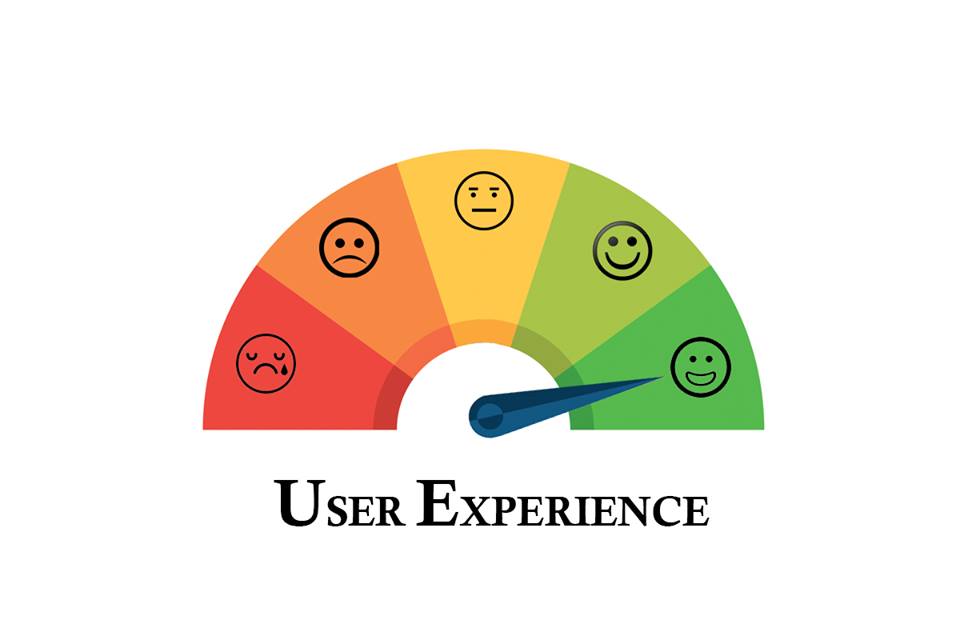As the world’s most popular search engine, Google dominates the online marketplace. It is no secret that websites that rank high in Google search results receive more traffic, which can translate into increased business opportunities. However, achieving and maintaining a high rank requires ongoing effort and adaptation to Google’s ever-evolving algorithm. In this article, we will discuss what to study in Google updates to develop effective SEO strategies and stay up-to-date with Google’s algorithm changes.
Learn About Google Ranking Factors:
Google’s ranking factors are the various signals that the search engine uses to determine how relevant and authoritative a website is. Understanding these factors can help you optimize your website and improve your search engine ranking.
Here are some of the essential Google ranking factors:
1. Content Quality and Relevance:
Google gives a high priority to websites with high-quality content that is relevant to the user’s search query. To improve your website’s ranking, create high-quality, informative, and engaging content that answers your audience’s questions.
2. User Experience and Site Structure:
Google rewards websites that provide a good user experience with easy navigation, fast load times, and mobile responsiveness. Make sure your website has a clear and intuitive structure, a fast-loading speed, and is mobile-friendly.
3. Backlinks and Domain Authority:
Google considers backlinks from other high-quality websites as a sign of a website’s authority and relevance. To improve your website’s authority, create high-quality backlinks from reputable websites within your industry.

4. On-page Optimization:
On-page optimization involves optimizing various elements of your website, such as title tags, meta descriptions, and header tags. Make sure your website’s on-page optimization is optimized for your target keywords.
5. Social Signals:
Social signals, such as likes, shares, and comments on social media, are becoming increasingly important to Google’s ranking algorithm. Make sure you are active on social media and engage with your audience regularly.

6. Domain Age and URL:
The age of a domain and the URL structure are also factors that can influence a website’s ranking. Older domains and keyword-rich URLs tend to rank higher.
7. Security and HTTPS:
Google prefers websites that use HTTPS and have an SSL certificate, as it provides a more secure user experience. Make sure your website is protected with an SSL certificate.
Understanding and implementing these ranking factors can help improve your website’s search engine ranking and attract more traffic. However, it is important to note that SEO is an ongoing process, and you need to regularly monitor and adapt your strategy to stay ahead of the competition.
Develop Effective SEO Strategies:
To develop effective SEO strategies, you need to understand your audience, your industry, and your competitors. You need to conduct thorough keyword research to identify the keywords and phrases that your audience is searching for. You can use tools like Google Keyword Planner and Ahrefs to find relevant keywords and estimate their search volume.
Once you have identified your keywords, you can optimize your website’s content, meta tags, and URLs for those keywords. You can also create high-quality backlinks to your website by guest blogging, participating in online forums, and engaging with your audience on social media.
Understand the Impact of Core Updates:
Google regularly updates its search algorithm to improve the quality of search results for users. These updates can have a significant impact on your website’s ranking, depending on how well your website aligns with Google’s ranking factors.
Google’s core updates are major algorithm updates that can significantly impact website rankings. For example, the Google Medic update in 2018 focused on the quality and relevance of health-related content, which affected many health and wellness websites. The Google BERT update in 2019 improved Google’s ability to understand the context of search queries, which affected many websites with low-quality content.
To stay ahead of the competition, you need to understand the impact of core updates on your website’s ranking. You can do this by monitoring your website’s performance after a core update and making any necessary adjustments to your SEO strategy.
Stay Up to Date with Google’s Algorithm Changes:
Google’s algorithm changes frequently, with several updates released each year. To stay ahead of the curve, you need to stay up to date with the latest algorithm changes and adapt your SEO strategy accordingly.
You can stay up to date with Google’s algorithm changes by following Google’s official blog, subscribing to SEO newsletters, and attending industry events and conferences. You can also use tools like Google Search Console, Ahrefs, and SEMrush to monitor your website’s performance and identify any changes in your ranking.
Conclusion
In conclusion, to succeed in SEO, you need to learn about Google’s ranking factors, develop effective SEO strategies, understand the impact of core updates, and stay up to date with Google’s algorithm changes. By doing so, you can improve your website’s ranking, attract more traffic, and achieve your business goals.

